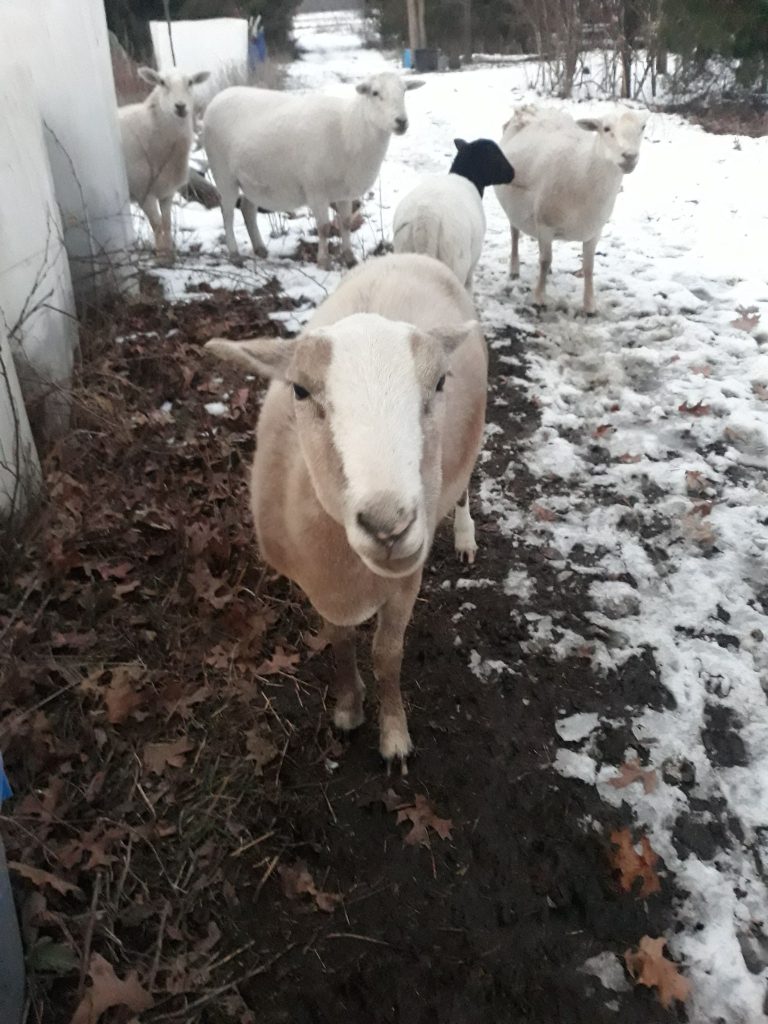
I bought Cinnamon in the winter of 2024/2025; she had a baby lamb in the spring of 2025, but lost it to coyotes. Later we discovered she had Johnes disease, and passed away in the summer of 2025. She was a very friendly ewe, the most friendly and the first to be friendly. We will miss her 😿
There is currently no effective treatment for Johne’s disease in livestock. This applies to both conventional and natural remedies. The focus for Johne’s disease is on prevention and control measures, rather than attempting to cure the illness once it has taken hold.
Key prevention strategies for Johne’s disease in livestock include:
Preventing the introduction of infected animals: Keep a closed herd or source replacement animals from herds certified as Johne’s-free.
Protecting newborns: Ensure clean birthing areas and prevent contact with contaminated manure. Feed low-risk colostrum and milk replacer or pasteurized milk.
Maintaining hygiene: Regularly clean facilities, separate young animals from adults, and provide clean feed and water.
Johne’s disease in humans (often referred to as Crohn’s disease):
While Johne’s disease in animals is caused by Mycobacterium avium subspecies paratuberculosis (MAP), the link between MAP and Crohn’s disease in humans is still being debated. The majority of scientists dismiss Johne’s as a cause of Crohn’s disease in people. However, some research suggests a possible association.
Crohn’s disease, the human ailment sometimes compared to Johne’s disease, is treated with various medications and therapies, but there is no known cure. Crohn’s disease symptoms include general malaise, chronic weight loss, abdominal pain, and diarrhea.
Natural remedies explored for Crohn’s disease (human ailment, not Johne’s in animals) include:
Probiotics and prebiotics: These may help balance gut bacteria.
Fish oil: May have anti-inflammatory benefits.
Herbal treatments: Some studies suggest potential benefits from wormwood, boswellia, and turmeric, but more research is needed.
Mind-body techniques:
Acupuncture, biofeedback, and mindfulness may help with symptom management and stress reduction.
Dietary changes: Focusing on a balanced diet, staying hydrated, and potentially avoiding trigger foods.
It is crucial to remember that these natural treatments for Crohn’s disease are complementary to, and not replacements for, standard medical care. Individuals with Crohn’s should work closely with healthcare professionals to develop an appropriate treatment plan.

